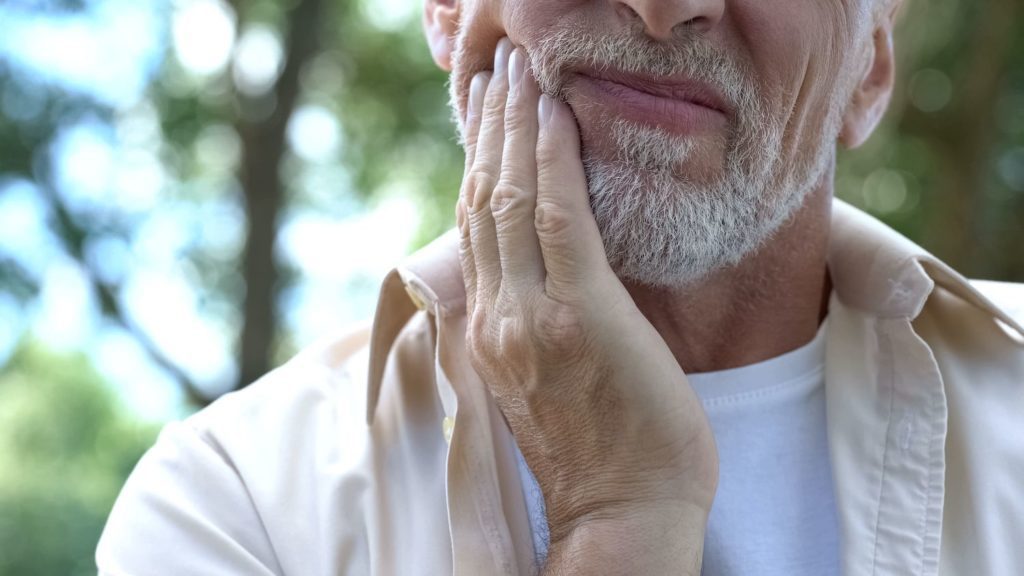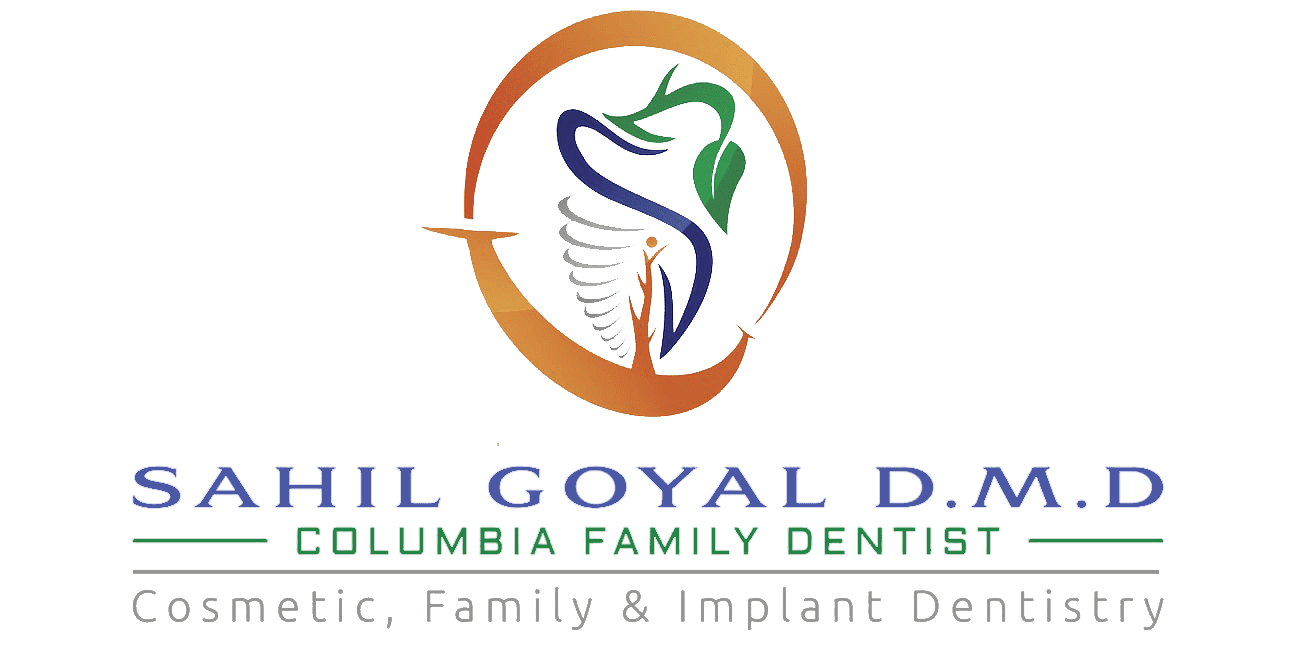Approximately 25% of adults around the world have a chronic habit of grinding their teeth, especially as they sleep. Not only can this habit annoy your partner, but it could pose a threat to your oral health.
The constant grating of the top teeth against your bottom teeth generates pressure. This pressure could wear down your teeth, disturb your dental work, or cause an oral injury.
Ignoring teeth grinding, also known as bruxism, could lead to irreversible dental damage and leave you needing costly dentistry repairs. Your dentist can help you resolve this harmful habit. Read on to find three ways that you can stop grinding your teeth and protect your smile.

Tips for Alleviating Bruxism
Relieve Underlying Stress
When you feel stressed, you may hold tension in your body. That can present as a tightening of muscles in the jaw. This may lead you to clench or grind your teeth, even if you may not realize you are doing it. If stress is causing bruxism, relieving this tension can help you stop this habit.
Deep breathing and exercise can help you let go of tension. This loosens your muscles so that you will be less likely to grind your teeth. Your dentist can also recommend face and jaw stretches that can help certain muscles relax to reduce the likelihood of unconscious bruxism.
Wear a Night Guard
It can be difficult to stop behavior that happens as you sleep when you are not aware you are doing it. Your dentist can help you protect your smile from unconscious teeth grinding by giving you a custom-made night guard to wear overnight.
The oral appliance will fit your unique smile, allowing it to fit comfortably and keep your jaw in a position where the surrounding muscles can rest during the night. You can feel confident the guard will not slip out of place as you sleep.
The night guard also will cushion against teeth grinding that may happen during the night. This way, your teeth and prior dental work will not sustain damage from the grating of hard teeth against one another. Talk to your dentist to learn if this device can help your unique dental scenario.
Amend Bite Problems
Stress is not the only cause of chronic bruxism. Sometimes, if your mouth does not close properly due to crooked teeth or a misaligned jaw, you may grind your teeth. The pressure when performing normal oral functions like chewing can create uneven wear on your smile as well in these scenarios.
If this is the case, your dentist can use orthodontics to straighten your smile and amend these bite problems. Depending on the severity of your malocclusion, your dentist may suggest different types of teeth straightening solutions.
Braces and other orthodontic treatments will successfully align the teeth and the jaw to a straighter position that can alleviate many oral discomforts. Patients with more minor alignment concerns might benefit from Invisalign. These plastic aligners will shift teeth to a proper alignment with a more subtle treatment than braces.
